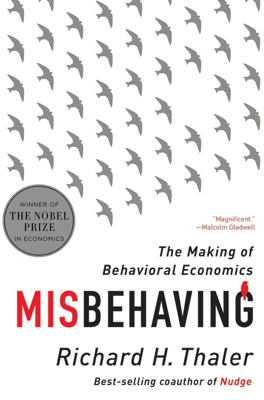Going Public
Concept of Libertarian Paternalism
Richard Thaler introduces the concept of "libertarian paternalism" after a discussion with Cass Sunstein. This approach seeks to make it easier for individuals to make decisions that they themselves would consider beneficial, without infringing on their freedom of choice. The term consolidates the idea of offering guidance while respecting individual liberty.
Advantages of Nudging
The idea of nudging — small design or structural changes that can significantly influence behavior — is central to libertarian paternalism. Thaler argues that because humans are prone to errors, thoughtful "nudges," like using bumpy lane markers to keep drowsy drivers alert, can help reduce these mistakes without removing freedom of choice.
Application and Reception
Thaler and Sunstein faced challenges in selling their book "Nudge," given its focus on influencing behavior through subtle means rather than mandates. Despite initial tepid interest from publishers, the concept eventually gained popularity, emphasizing "nudge" as a strategy that can guide but not force behavior change.
Organ Donation Policies
The authors delve into organ donation policies to exemplify effective nudging. They critique the "presumed consent" model, suggesting it falls short because family members might still be consulted, diluting the impact of the policy. Instead, they advocate for "prompted choice," a method that actively asks individuals to make a choice about organ donation, reflecting a less coercive and more informed approach to public policy.
Public Policy and Design
Through their explorations, Thaler and Sunstein propose that public policies can be crafted with better “choice architecture” to improve ease of use and effectiveness, much like consumer products. They share insights into how simple, considerate design changes can make significant improvements in societal behaviors and outcomes.
Influencing Public Policy with Behavioral Insights
Ultimately, by adopting principles from "The Design of Everyday Things," Thaler identifies ways to use design thinking in developing policies that are more user-friendly and effective. They emphasize the importance of aligning policy design with human behavior to help individuals achieve better outcomes without compelling them.
Thaler's narrative demonstrates that while nudges cannot solve all societal problems, they are a valuable tool in a policy-maker's kit to make policies more effective and acceptable, thus fostering a society where better choices are easier to make.
